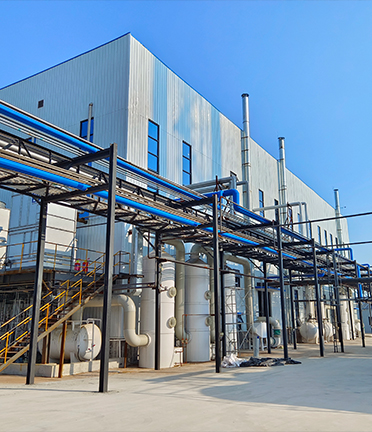Effective Scale Inhibitors for Optimal Water Treatment Solutions in Industrial Applications
Scale Inhibitor Water Treatment Ensuring Optimal Efficiency in Water Systems
Water treatment is an essential process in various industrial applications, ensuring that water quality meets specific standards for efficiency and safety. One of the most significant challenges in water treatment is the formation of scale, which can lead to operational inefficiencies, increased energy costs, and equipment failures. Scaling occurs when minerals, particularly calcium and magnesium, precipitate out of the water, forming hard deposits on surfaces such as pipes, heat exchangers, and boilers. To combat this issue, scale inhibitors are employed as an effective means of maintaining system performance.
Scale inhibitors are chemical additives designed to prevent or reduce the deposition of scale-forming minerals. They work by altering the crystallization process of these minerals. Instead of forming hard deposits, the minerals stay suspended in the water or are dispersed as small particles that can be easily removed. Common types of scale inhibitors include phosphonates, polycarboxylates, and organic polymers, each with unique mechanisms of action and applications.
Scale Inhibitor Water Treatment Ensuring Optimal Efficiency in Water Systems
The use of scale inhibitors has several benefits for industrial and municipal water systems. Firstly, they significantly reduce the need for mechanical cleaning and maintenance, which can be both costly and time-consuming. Regular removal of scale deposits often requires shutting down operations, leading to downtime and lost productivity. By keeping surfaces scale-free, facilities can operate continuously and at optimal efficiency.
scale inhibitor water treatment

Furthermore, scale inhibitors contribute to energy savings. In heating systems, scale build-up on heat exchangers can hinder thermal efficiency, leading to increased energy consumption to achieve desired temperatures. By preventing scale formation, these inhibitors help maintain efficient heat transfer, ultimately reducing energy costs. Additionally, in cooling systems, scale can restrict flow and reduce cooling efficiency, further necessitating the need for effective scale control.
The environmental impact of using scale inhibitors is also worth noting. Unlike more aggressive chemical treatments, many modern scale inhibitors are formulated to be environmentally friendly, resulting in less harm to ecosystems when discharged into water systems. This is increasingly important as industries and municipalities face stricter regulations on chemical usage and environmental protection.
However, selecting the appropriate scale inhibitor requires consideration of various factors, including water chemistry, type of application, and specific operational requirements. It is crucial to conduct thorough water analysis to understand the scaling potential and choose a scale inhibitor that aligns with the specific needs of the system.
In conclusion, scale inhibitors play a vital role in water treatment, ensuring that industrial and municipal water systems run efficiently and sustainably. By preventing the formation of scale, they help maintain operational efficiency, reduce energy consumption, and minimize environmental impact. As the demand for clean and efficient water management continues to grow, the role of scale inhibitors will undoubtedly be central to achieving these goals in various applications. Industries are encouraged to invest in appropriate scale inhibition strategies to ensure long-term operational success and environmental stewardship.
-
Water Treatment with Flocculant Water TreatmentNewsJun.12,2025
-
Polymaleic AnhydrideNewsJun.12,2025
-
Polyaspartic AcidNewsJun.12,2025
-
Enhance Industrial Processes with IsothiazolinonesNewsJun.12,2025
-
Enhance Industrial Processes with PBTCA SolutionsNewsJun.12,2025
-
Dodecyldimethylbenzylammonium Chloride SolutionsNewsJun.12,2025





